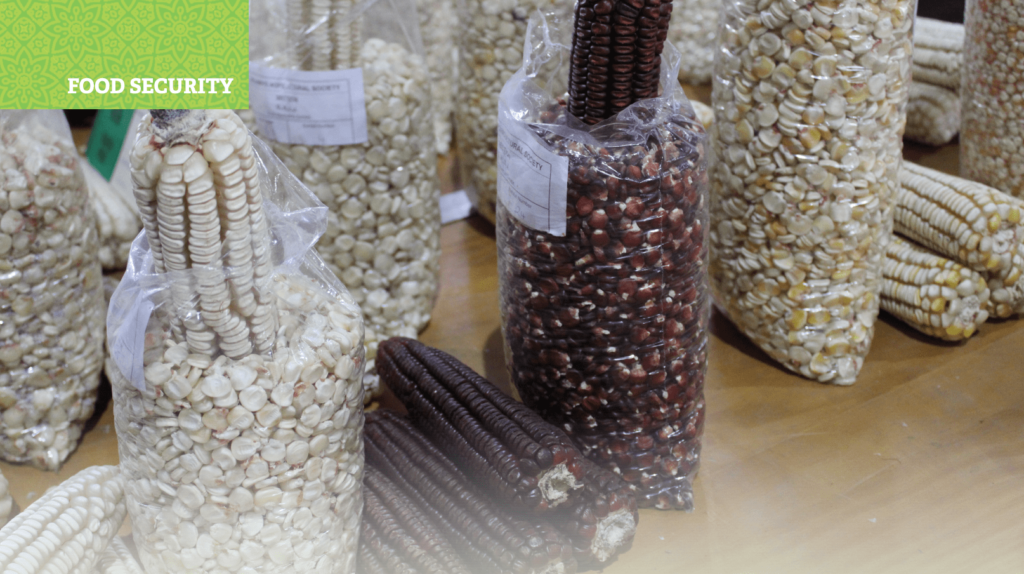By Busani Bafana
The panel, an inclusive and evidence-based international and intergovernmental platform for food security and nutrition, observed that the consequences of food inequalities are farreaching, diminishing people’s life chances, hampering productivity, perpetuating poverty, and impeding economic growth.
The report highlights huge disparities in access to food security and nutrition around the world, calling for a change in food systems.
Olanike Adeyemo, the distinguished Nigerian professor of veterinary public health and preventive medicine and a member of the High-Level Panel of Experts on Food Security and Nutrition, notes that although inequalities in food security and nutrition exist in all regions of the world, the key drivers of disparities vary.
For example, some over-arching drivers are diverse from climate change, violence and armed conflicts to emerging and re-emerging infectious diseases such as Covid-19. She further says that, in a developing
country, market access drivers, infrastructural and technology deficiencies would be of a more immediate urgency because these exacerbate the existing global drivers of insecurity of food and nutrition.
Within the Global North, the generalisation of data masks the food and nutrition insecurity of the most vulnerable or minority groups because of unequal power dynamics.
Within each society, inequality will also affect individuals differently based on cross-cutting issues like gender, education, economic and social status, according to Adeyemo. Regionally and internationally, some policies, legal and practical frameworks aimed at addressing the identified global drivers would have to be re-visited and or

